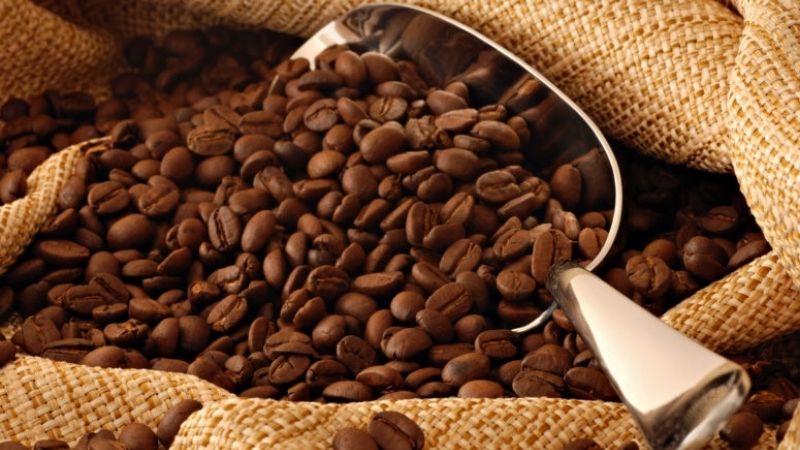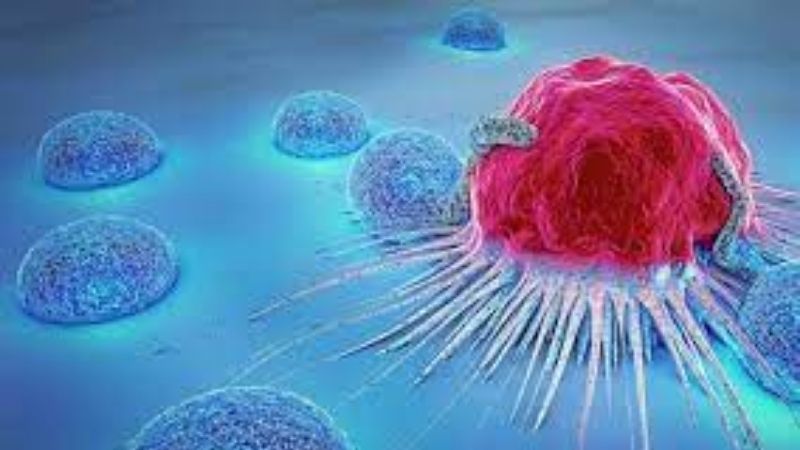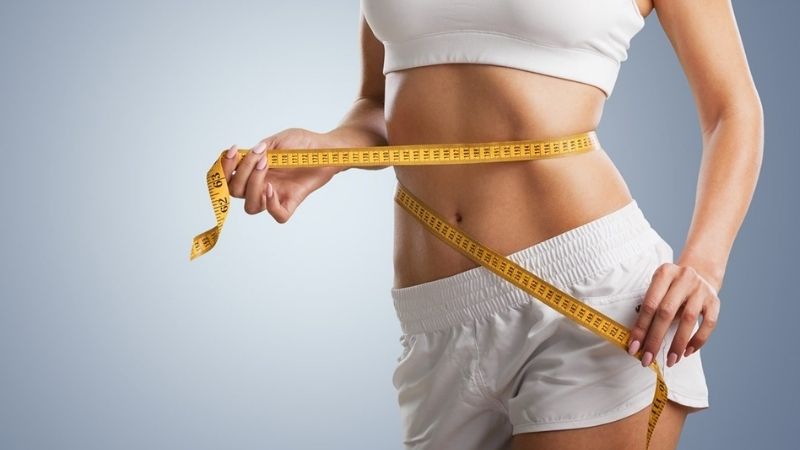Coffee is a beloved beverage enjoyed by many, not just in Vietnam but worldwide. But did you know how many calories are in a cup of coffee? Does coffee make you gain weight? Let’s find out.
1. How Many Calories Are in 100g of Coffee?
On average, 100g of black coffee contains approximately 2.55 calories. The calorie count in a cup of coffee varies depending on individual preferences and preparation.
 Black Coffee
Black Coffee
Typically, a 237ml cup of coffee contains around 100mg of caffeine. If you like your coffee sweet, adding a teaspoon of sugar will contribute at least 16 calories.
If black coffee is not your cup of tea, you can try coffee with milk. The calorie count in a cup of milk coffee depends on the type of milk you use.
 Coffee with Milk
Coffee with Milk
A cup of coffee with non-fat milk contains approximately 44 calories, while a cup made with whole milk contains 78 calories and 5g of fat.
2. Nutritional Value of Coffee
According to the United States Department of Agriculture (USDA), the nutritional value of 100g of coffee is as follows:
-
Calories: 1
-
Water: 99.39g
-
Protein: 0.12g
-
Fat: 0.02g
-
Carbohydrates: 2mg
-
Sugar: 0.01mg
-
Fiber: 3mg
-
Sodium: 0.01g
-
Potassium: 0.014mg
-
Calcium: 0.076mg
Please note that the nutritional content may vary depending on the ingredients you use to prepare your coffee.
 Nutritional Value of Coffee
Nutritional Value of Coffee
3. Benefits of Drinking Coffee
Boosts Your Morning Routine
Research suggests that a cup of coffee in the morning can help you feel more alert as caffeine stimulates the spinal cord and brain. Additionally, it aids in improving the efficiency of the excretory system.
Antioxidant Properties and Cancer Prevention
A study published in May 2017 revealed that drinking one cup of coffee per day lowers the risk of liver cancer by 20%, and two cups reduce the risk by 35%.
The antioxidants in coffee can also reduce the risk of oral cancer by protecting against mouth tumors.
 Antioxidant Properties and Cancer Prevention
Antioxidant Properties and Cancer Prevention
Asthma Relief
Caffeine in coffee can help asthmatics breathe easier. It is believed to have a similar effect to theophylline, a compound that opens airways in the lungs.
Weight Loss
Coffee has a very low-calorie count, so drinking it daily will not lead to weight gain and can even support weight loss.
 Weight Loss
Weight Loss
Pain Relief
Research by experts at Goldsmiths University found that 250mg of caffeine can increase pain tolerance in women. Additionally, combining caffeine with aspirin can enhance its pain-relieving effects.
4. Does Drinking Coffee Make You Gain Weight?
Given the minimal calorie content in coffee, drinking coffee will not make you gain weight; instead, it can aid in weight loss if consumed appropriately. On average, an adult requires 2000 calories per day, but four cups of coffee only contribute about 500mg of caffeine, which is well within the safe range.
 Does Drinking Coffee Make You Gain Weight?
Does Drinking Coffee Make You Gain Weight?
Drinking hot coffee can boost your metabolism, and the high caffeine content aids in detoxifying the body and acts as a diuretic.
5. Is It Healthy to Drink a Lot of Coffee?
Drinking excessive amounts of coffee in a short period can lead to caffeine dependence. For healthy adults, a maximum daily intake of 400mg of caffeine is considered safe.
Additionally, medical professionals advise pregnant women and children to refrain from consuming coffee. If consumed, the maximum recommended dose is 200mg per day, and it is essential to consult a doctor beforehand.
 Is It Healthy to Drink a Lot of Coffee?
Is It Healthy to Drink a Lot of Coffee?
6. How to Drink Coffee for Effective Weight Loss
Opt for low-fat milk to reduce 50-60 calories in your milk coffee, or stick to black coffee in the morning to support weight loss.
When drinking black coffee, choose the right type of sweetener as a teaspoon of sugar contains 16 calories. Natural sweeteners are generally a healthier option.
 How to Drink Coffee for Effective Weight Loss
How to Drink Coffee for Effective Weight Loss
Avoid adding cream to your coffee, as it significantly increases the calorie count and hinders weight loss efforts.
7. When Is the Best Time to Drink Coffee During the Day?
 Drink Coffee 30 Minutes After a Meal
Drink Coffee 30 Minutes After a Meal
Avoid drinking coffee on an empty stomach as it can negatively affect your cardiovascular system, blood pressure, and increase stomach acid.
Drinking black coffee late at night can cause insomnia and impact your health and well-being the next day.
Ideally, consume coffee 30 minutes after a meal to minimize any potential harm to your stomach and nervous system.
8. Popular Coffee-Based Drinks
Café au Lait (Coffee with Milk)
Café au lait captivates the senses with its enticing aroma and rich, creamy flavor with a subtle coffee bitterness. Enjoy it hot or pour it over ice for a refreshing treat.
 Café au Lait
Café au Lait
Iced Coffee
Iced coffee is a versatile beverage that can be prepared with fresh milk or condensed milk, similar to café au lait. It is a staple morning drink in Vietnam and is closely associated with the country’s unique coffee culture.
 Iced Coffee
Iced Coffee
Bạc Xỉu (Vietnamese-Style Milk Coffee)
Bạc xỉu is perfect for those who enjoy the flavor of coffee but cannot handle high caffeine levels. It has a stronger milk and sweet flavor profile with a subtle coffee bitterness.
 Bạc Xỉu
Bạc Xỉu
The information provided above offers insights into the calorie content of coffee and how to incorporate it healthily into your daily routine.
Source: United States Department of Agriculture (USDA)

































